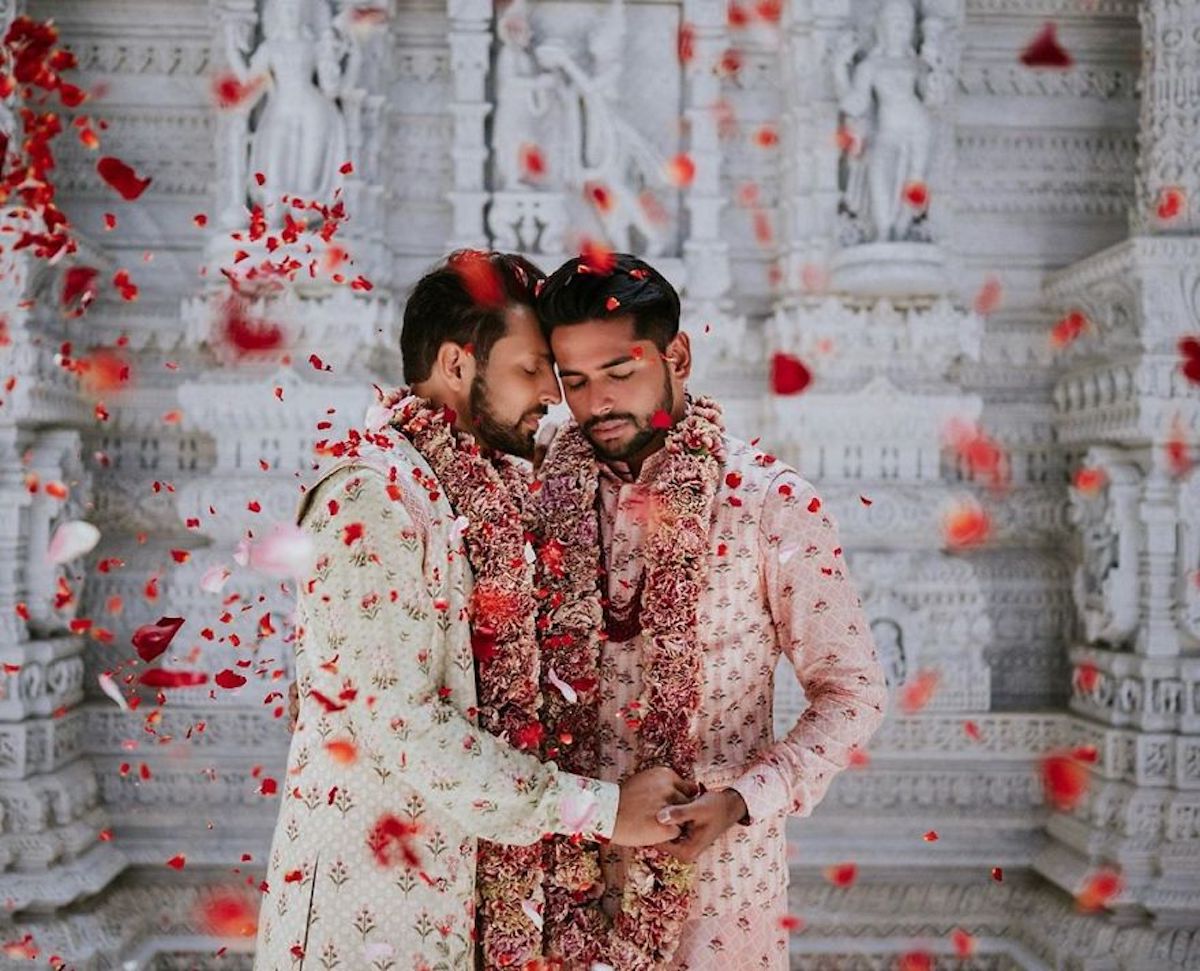#LegalizeLove: Why India should recognize same-sex marriage

#LegalizeLove: Why India should recognize same-sex marriage
India is a diverse and vibrant country, home to millions of people who identify as lesbian, gay, bisexual, transgender or queer (LGBTQ+). Yet, despite the rich history and culture of acceptance and inclusion of sexual and gender minorities in India, the legal and social recognition of same-sex relationships remains elusive. In this article, I will argue why India should recognize and legalize same-sex marriage, based on the principles of equality, dignity and human rights.
The legal status of same-sex Relationships in India
The legal status of same-sex relationships in India is complex and contradictory. On one hand, the Supreme Court of India decriminalized consensual homosexual acts in 2018, in a landmark judgement that affirmed the constitutional rights of LGBTQ+ people to privacy, autonomy and expression. The court also recognized that sexual orientation is an innate and immutable characteristic of one’s identity and that discrimination based on sexual orientation is a violation of the fundamental right to equality
On the other hand, the same court has refused to entertain petitions seeking to legalize same-sex marriage in India, stating that it is a matter for the parliament to decide. The government has also opposed the recognition of same-sex unions, arguing that they are against Indian culture, tradition and family values. The government has also claimed that there is no legal or constitutional basis for granting marital rights to same-sex couples and that doing so would create social chaos and undermine the institution of marriage
However, these arguments are flawed and unfounded. First of all, there is no single or uniform definition of Indian culture or tradition. India is a pluralistic and multicultural society, where different communities have different customs and practices regarding marriage and family. Moreover, there is ample evidence of the existence and acceptance of diverse sexual and gender identities in ancient and medieval India, as reflected in various scriptures, texts, sculptures and art forms
Secondly, there is a clear legal and constitutional basis for recognizing same-sex marriage in India. The Supreme Court has already established that sexual orientation is an integral part of one’s identity and dignity and that discrimination on this ground is unconstitutional. The court has also held that the right to marry is a part of the right to life and personal liberty under Article 21 of the Constitution. Therefore, denying same-sex couples the right to marry is a violation of their fundamental rights to equality, dignity and freedom
Thirdly, no evidence recognizing same-sex marriage would create social chaos or undermine the institution of marriage. On the contrary, allowing same-sex couples to marry would strengthen the social fabric by promoting diversity, tolerance and respect. It would also enhance the well-being and happiness of LGBTQ+ people and their families by providing them with legal protection, security and recognition. Moreover, it would not affect or harm the rights or interests of heterosexual couples or anyone who chooses to marry according to their statusbeliefs and preferences.
The benefits of recognizing same-sex marriage in India
Recognizing same-sex marriage in India would have multiple benefits for LGBTQ+ people, their families and society at large. Some of these benefits are:
· Legal benefits: Same-sex couples would be able to enjoy various legal rights and benefits that are currently available only to heterosexual married couples, such as inheritance rights, property rights, adoption rights, custody rights, maintenance rights, tax benefits, insurance benefits, pension benefits, health benefits etc. These rights and benefits are essential for ensuring the welfare and security of same-sex couples and their children.
· Social benefits: Same-sex couples would be able to enjoy greater social acceptance and recognition by being able to register their marriages legally. This would reduce the stigma and discrimination faced by LGBTQ+ people in various spheres of life such as education, employment, health care etc. It would also foster a culture of respect and inclusion for sexual and gender diversity in society.
· Psychological benefits: Same-sex couples would be able to experience greater psychological well-being and happiness by being able to express their love and commitment publicly through marriage. This would enhance their self-esteem, confidence and mental health. It would also reduce the stress, anxiety and depression caused by hiding or denying their true selves.
Conclusion
In conclusion, I believe that India should recognize and legalize same-sex marriage as a matter of justice, equality and human rights. Same-sex marriage is not a threat or a challenge to Indian culture or tradition; rather it is an expression of love and diversity that enriches Indian society. Same-sex marriage is not a privilege or a concession; rather it is a right and a duty that upholds the dignity and freedom of LGBTQ+ people. Same-sex marriage is not a problem or a controversy; rather it is a solution and a celebration that enhances the happiness and well-being of all.











Comments
Post a Comment
Thanks, For Your Valuable Comment